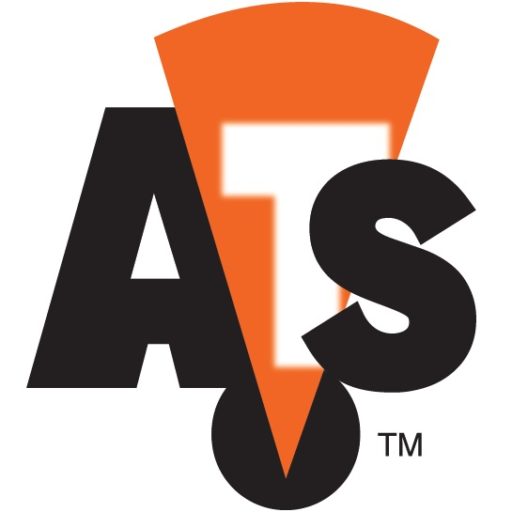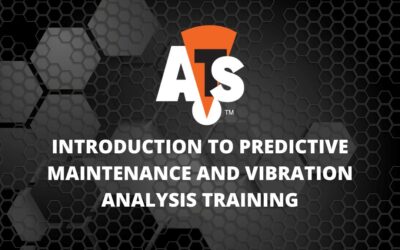It’s been well established at this point that training is essential for employees in practically every role in our organizations. But how does predictive maintenance (PdM) training affect your staff? Is it worth the investment, even if they might not be a part of your PdM team or maintenance staff? Let’s take a look at a few reasons to consider expanding your training program. Let’s start with an easy one:
PdM Team
Obviously, your predictive maintenance team needs to be trained in general theories and strategies as well as specific training for current and future reliability tasks. Data collectors need to know how to collect quality data. Analysts need to make correct decisions based on the data. And everyone needs to know their role in the PdM process. Very few will argue the need for training for this group. If you’re not willing to train this group, you do not need to worry about training the rest of your staff. There’s simply no reason and your reliability journey will be difficult if not impossible.
Management
If you already have a predictive maintenance program established, chances are someone in your leadership group has an understanding of PdM and has pushed for its implementation. While this is always a good thing, other leaders in the organization may not fully understand the benefit of the program. If this isn’t addressed, these individuals may not support the program in the appropriate way. Some may even actively work against it if they perceive it as a waste of time or money. It’s in your best interest to educate management on the basic principles of predictive maintenance and its value to the organization.
Plant Floor
The plant floor is often ignored when it comes to predictive maintenance training. Some PdM programs encourage participation by empowering operators to collect data, oil samples or other simple PdM tasks. Often times though, operators and supervisors do not play a direct role in your day-to-day PdM tasks. However, they can definitely affect the process in either a positive or negative way. Training these individuals can be instrumental in streamlining and maximizing data collection. It can also be beneficial when it comes to repairing or maintaining units that an operator might not see as “broken.”
These different groups of individuals can all gain something positive from a predictive maintenance training session. Data collectors, analysts, and others in the PdM team will most definitely require more extensive training than management or plant floor personnel. That being said, you might be surprised at how effective and beneficial training the rest of your staff can be. If you can get all the employees to understand the objective and willingly participate with a common goal, you can establish a very successful predictive maintenance program. Don’t spend your time fighting other departments. Train them, utilize them, and be better off for it.






0 Comments